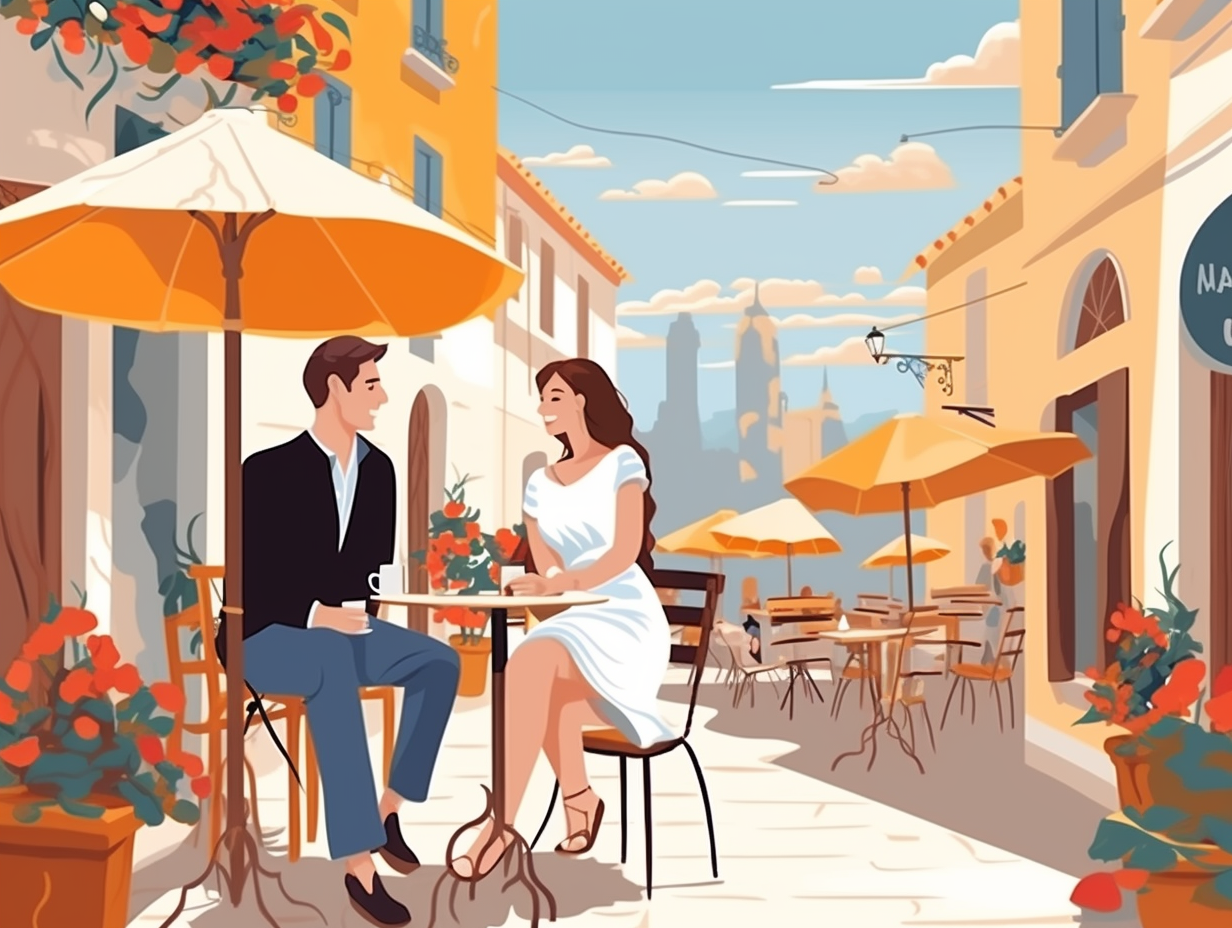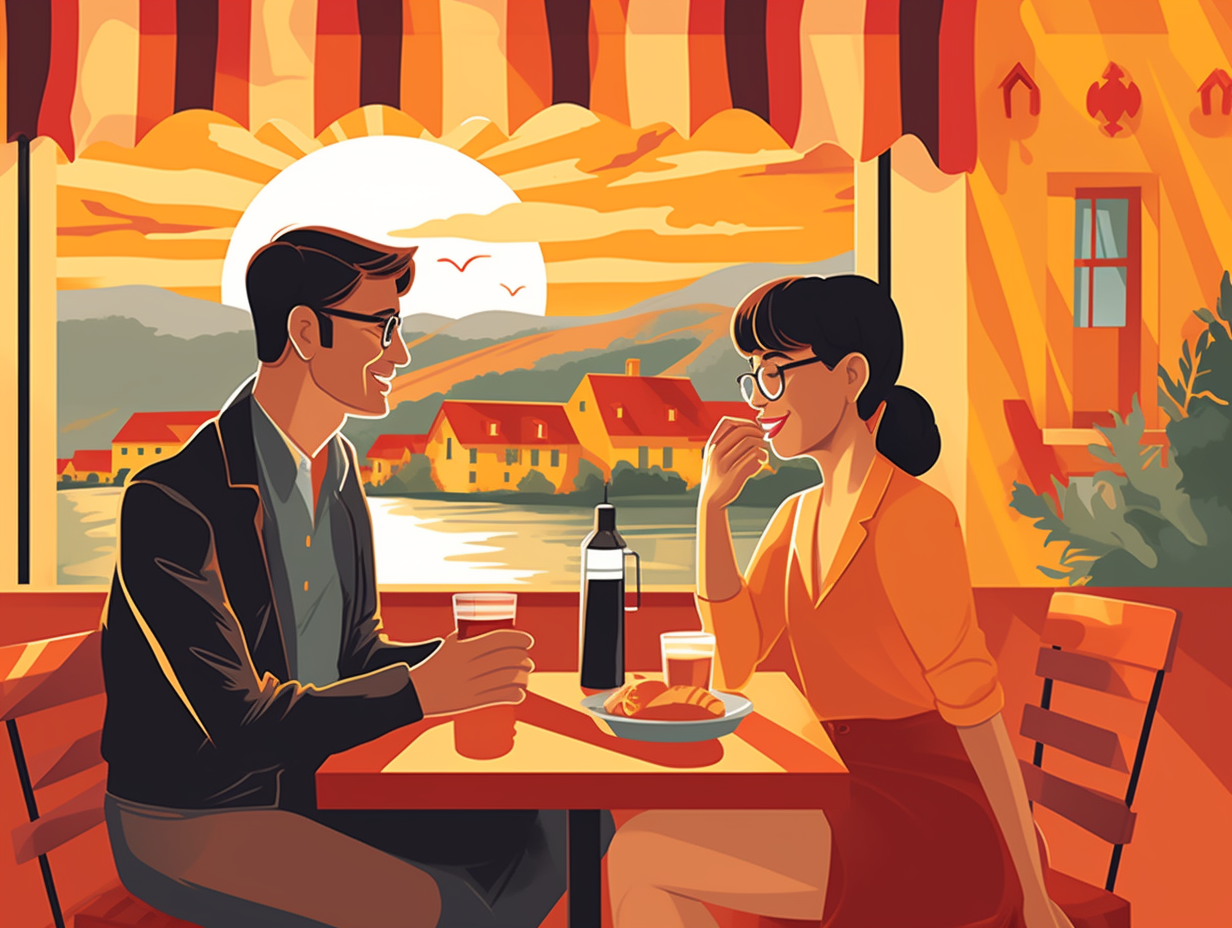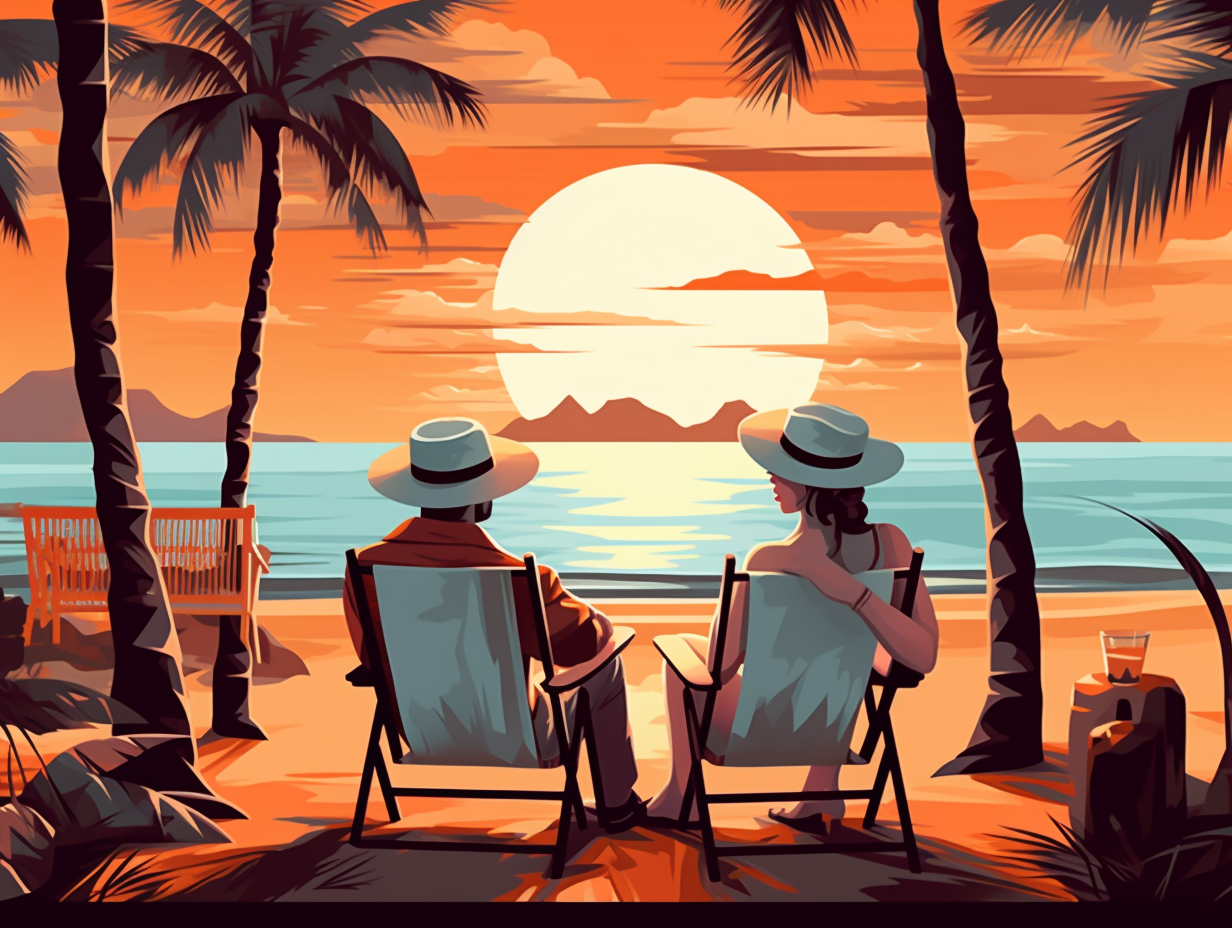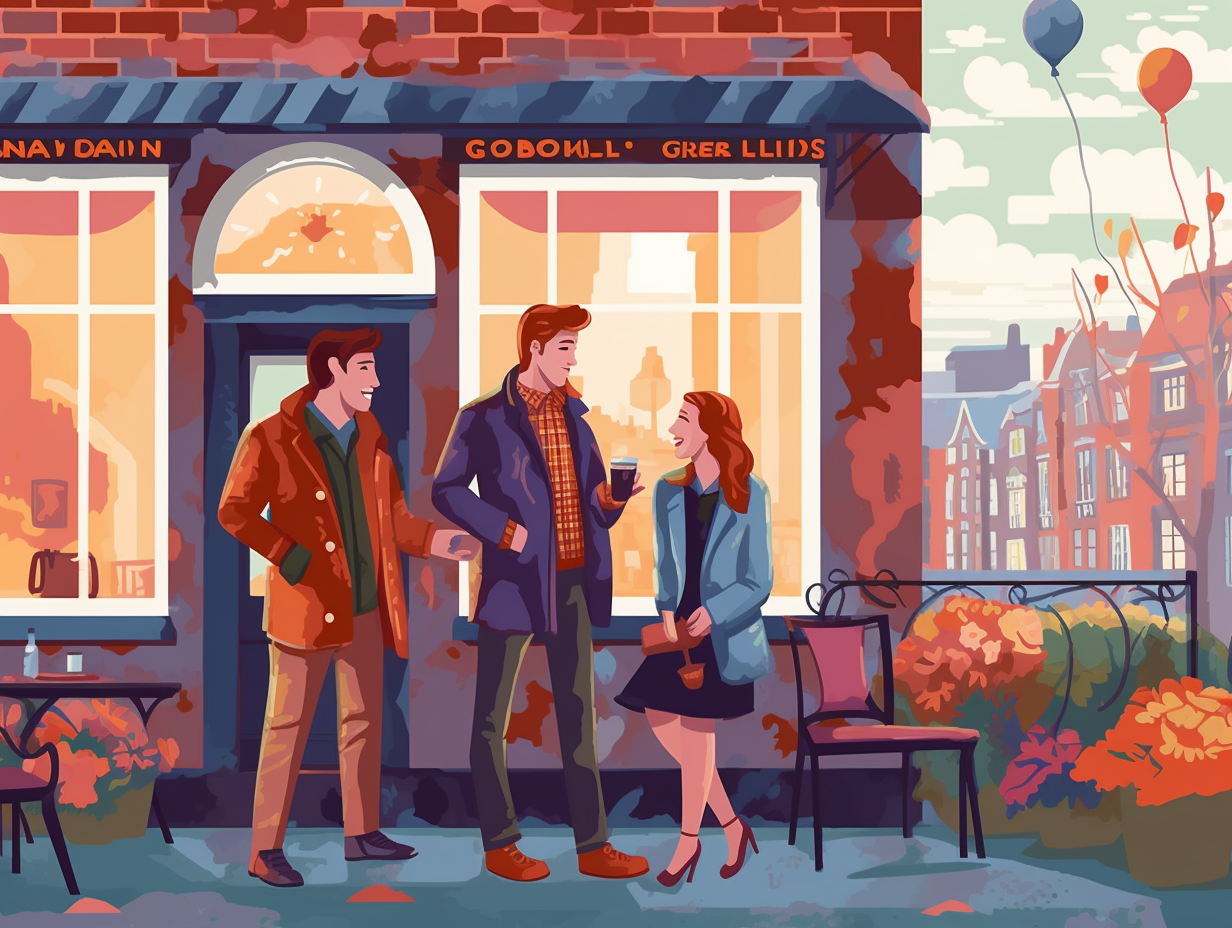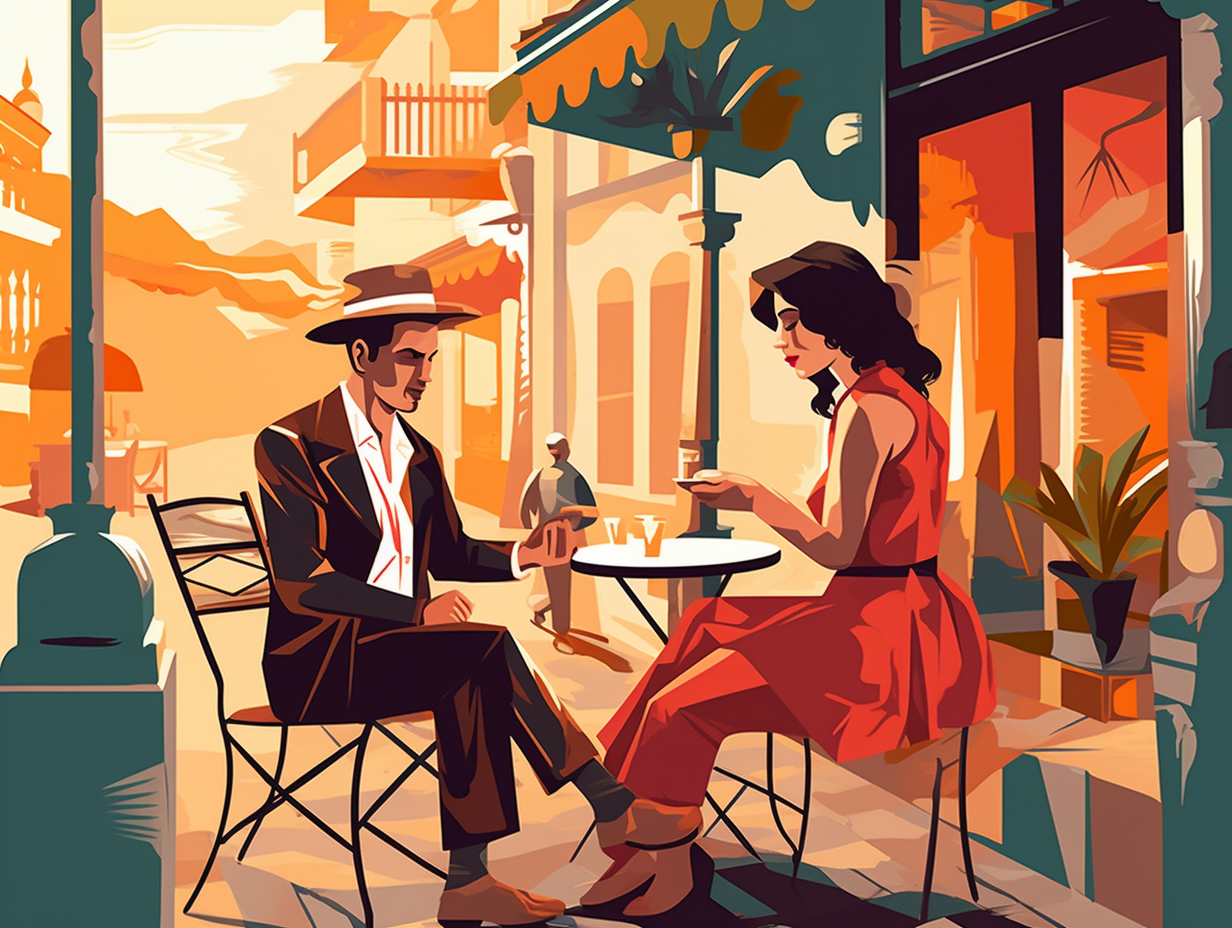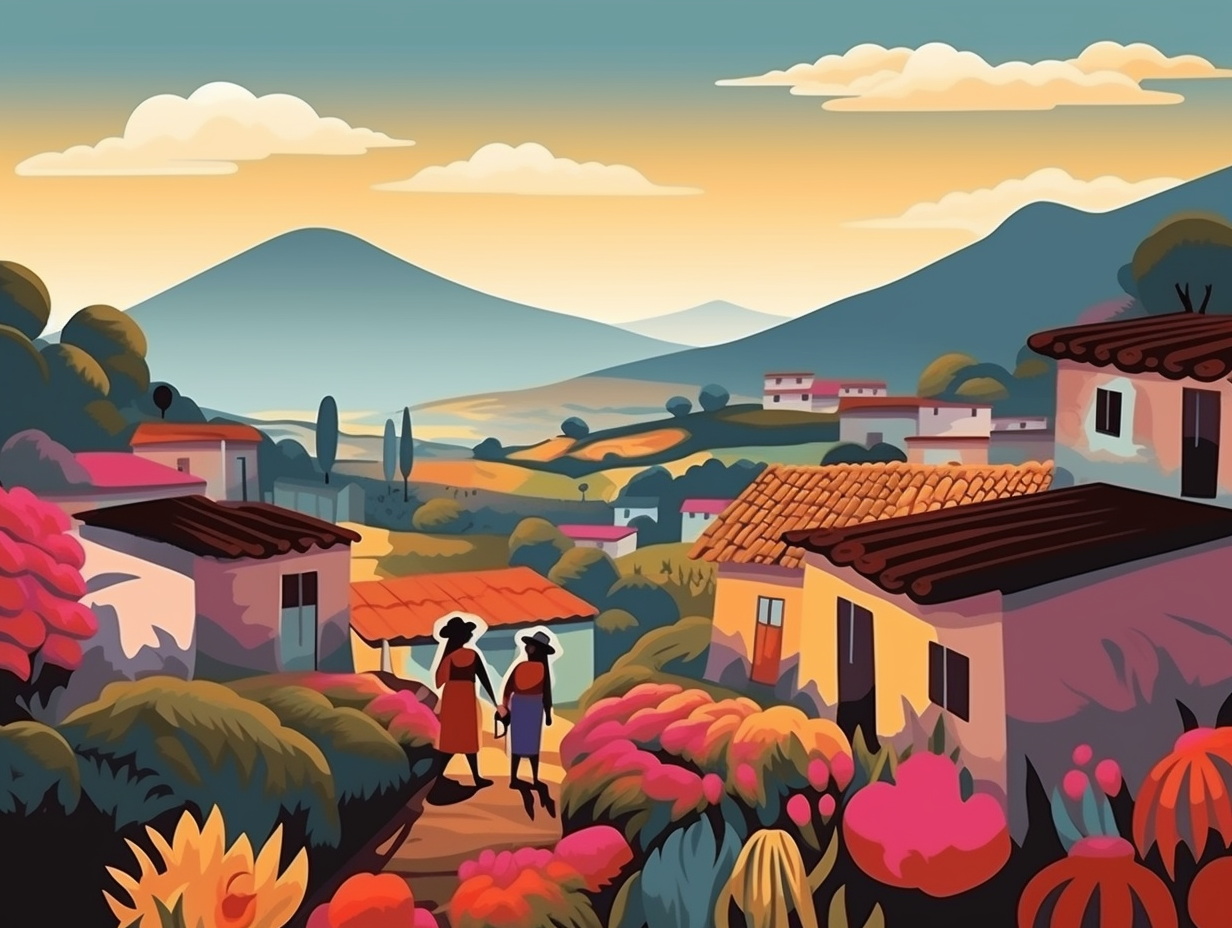Discover Joie de Vivre: 16 Entertaining and Unexpected Fun Facts About France and Paris!
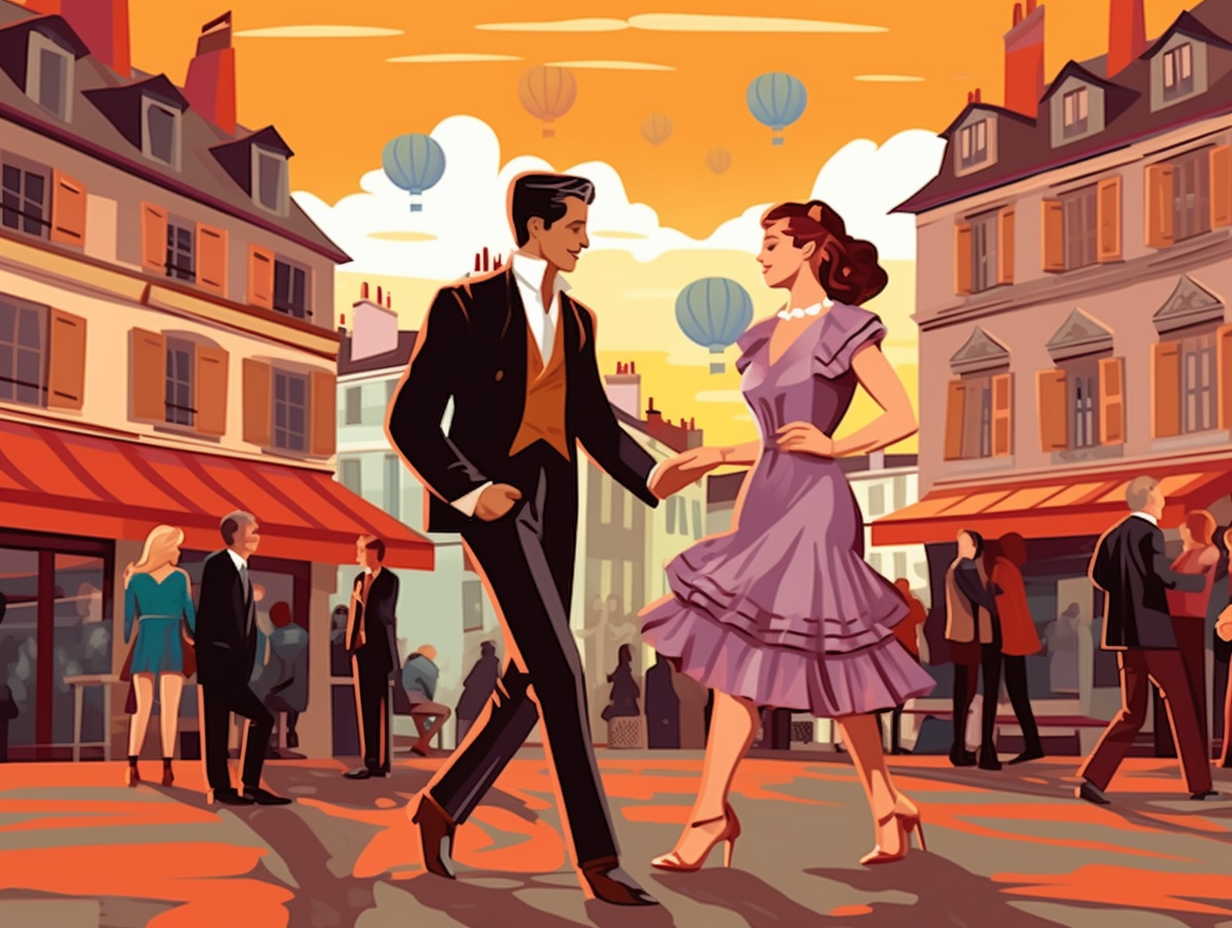
1. Hitchhiking Hazards
If you find yourself channeling your inner Jack Kerouac on a fancy-free French escapade but with a tighter budget, thumbing for rides might come to mind as a très magnifique solution – yet, beware of the fuzz: Although there's no specific law against hitchhiking in France, authorities might interpret it as a safety risk and step in, making drivers' decisions to pick up travelers completely discretionary.
Source => hitchwiki.org
2. Paris Métro's Typeface Triumph
From Helvetica to Hell-vetica: When it comes to Paris' public transportation typography, the city doesn't "type" up loose ends with just any ol' font: the official typeface for the Paris Métro, tramways, buses, and RER parts operated by the RATP Group in Île-de-France since 2015 is Parisine, designed by Jean-François Porchez in 1996. Created for improved readability and legibility, the Parisine family now boasts 16 distinctive styles and weights, leaving Helvetica in the dust.
Source => blog.prototypr.io
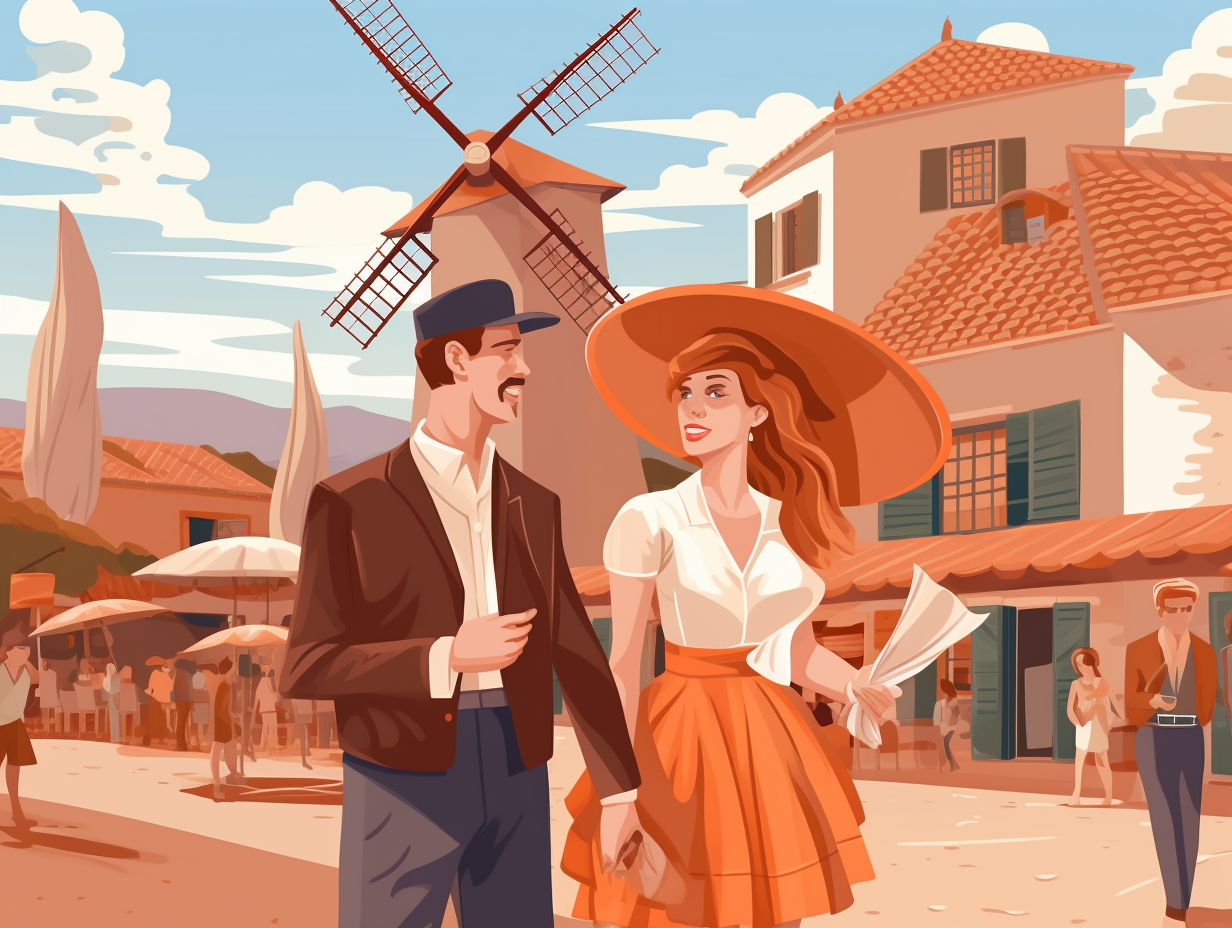
Did you know that a simple yet delicious Spanish dish, pan con tomate, is made by massaging bread with garlic, ripe tomatoes, Spanish olive oil, and a pinch of salt? Discover the mouthwatering magic behind this Catalan treat!
=> Fun Facts about Spain
3. Bread Etiquette Bonanza
What does a loaf of bread, a flying saucer, and the French have in common? They all need some serious table time: In France, bread has a seat at the dinner table, resting directly on it rather than on a plate or napkin – it's then broken into bite-sized pieces to be enjoyed with butter, jam, or cheese, making communal meals a must and solo dining quite the faux pas. Don't think about leaving bread behind during starters, because it's expected to stay put until it's used for a final tableside plate wipe-down.
Source => spoonuniversity.com
4. Conquering the Louvre
If the Mona Lisa ever played hide and seek in her massive home, she'd be a master at it: The Louvre Museum in Paris houses a staggering 7,500 paintings and over 380,000 pieces of art, requiring strategic planning to make the most of your visit, but rest assured it can be conquered in a day, especially during extended hours on Wednesdays and Fridays.
Source => revolvingcompass.com
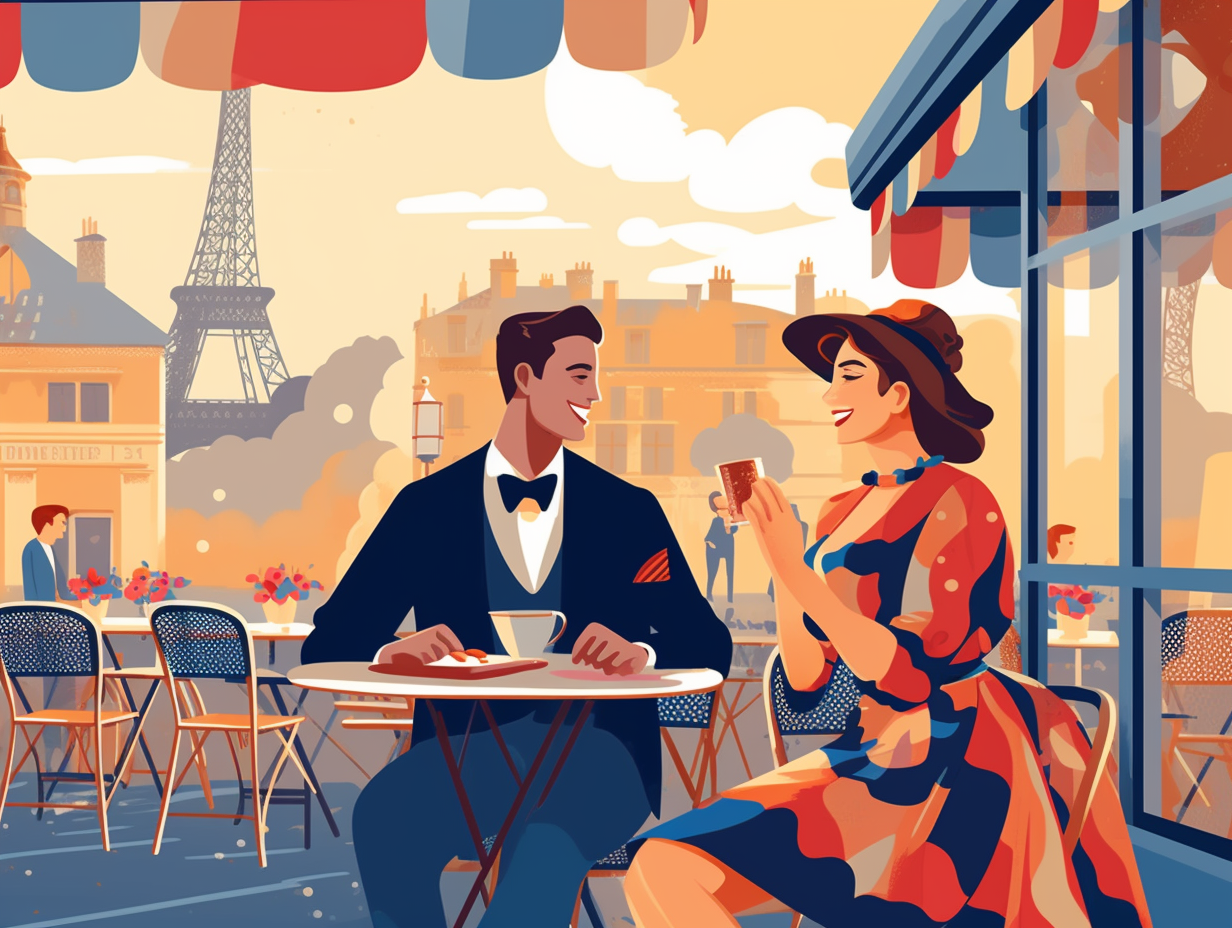
5. Pigeon-powered Air Mail
Who needs emails when you've got wings and a beak? Carrier pigeons: the original "air mail" champions with a 95% success rate during WWI, delivering crucial messages between Germany and France. In fact, a retired French couple recently discovered a "super rare" aluminum capsule from a German infantry soldier in eastern France, containing a message from over a century ago about German maneuvers in a region that's now part of France. Quite the historic tweet, don't you think?
Source => nypost.com
6. Bike Helmet Age Divide
Ah, the French: lovers of baguettes, berets, and... bicycle freedom for the grown-up noggin! The land of croissants and laissez-faire cranial protection: In France, only children under 12 years are legally required to wear a bike helmet, while adults can let their hair flow in the wind. Though not mandatory for them, helmets are recommended, but everyone must don a reflective vest for nighttime or low visibility cycling outside urban areas, lest they risk a €90 fine delivered with a baguette-wielding flourish.
Source => freewheelingfrance.com
7. Louvre: France's Crowning Glory
Where Mona Lisa keeps her "million-watt" smile: France boasts the world's most-visited museum, the Louvre, welcoming over 10 million art enthusiasts each year who flock to admire its staggering 38,000-strong art collection – including that famous, enigmatic grin of da Vinci's masterpiece.
Source => etymonline.com
8. Paternity Leave in France
Forget the storks, French parents have got it delivered: As of July 2021, a new law grants French fathers 11 consecutive days of paternity leave or 22 days for twin births, while birth mothers get a minimum of 16 weeks of parental leave, potentially extending up to 26 weeks depending on their situation. Now that's a fine French toast to modern parenting!
Source => safeguardglobal.com
9. Parkour: Channeling Your Inner Tarzan
Ever imagined harnessing your inner Jackie Chan while channeling your inner Tarzan to travel like a ninja from point A to point B? Well, that's parkour for you: Founded by French athlete David Belle, parkour was inspired by his father's training techniques and borrowed elements from African and Chinese athletic traditions, Asian martial arts, and even Jackie Chan's acrobatics. While flipping and flying through the air isn't a requirement, parkour emphasizes efficiency — so you can move like a stealthy human-gorilla-ninja hybrid!
Source => en.wikipedia.org
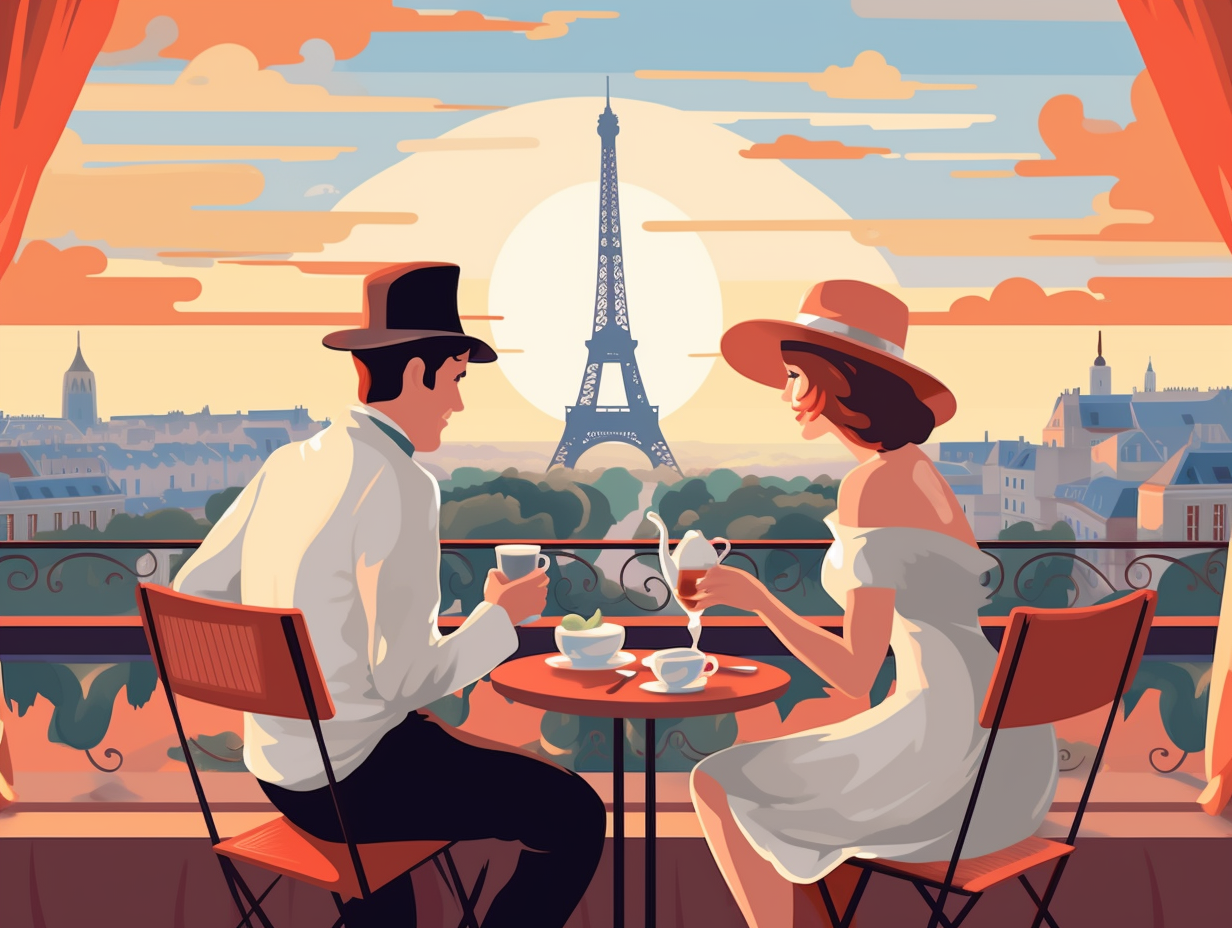
10. Napoleon's Hair-mystery
Hair-larious conundrum: the French icon and hairloom, Napoleon Bonaparte's mane matter has been the root of many heated discussions on its true hue and do. Tress no more, monsieur: while the debates may be neverending, there's no denying that locks of his silky strands have fetched quite a pretty penny in auctions and found their way into museums and private collections worldwide, sometimes selling for thousands of dollars each.
Source => shannonselin.com
11. Belgian Culinary Betrayal
Oh là là, the French might scream sacrebleu or zut alors at this culinary betrayal: French fries aren't actually French! They most likely hail from Belgium, which has claimed these delightful fried potato morsels as their own cultural treasure since 2017, recognized by UNESCO. It turns out, the "French" in "French fries" refers to the slicing technique rather than their origin, while Americans munch down nearly 30 pounds of these crispy golden treats per year.
Source => tastingtable.com
12. Pain Perdu: Stale Bread Savior
Baguettes beware, stale bread has never tasted so sweet – or savory: Pain Perdu, a culinary French favorite, was actually born out of a desire to repurpose old bread and now stars in many delightful breakfast, dessert, and savory dishes, charming taste buds and reducing food waste in one fell swoop.
Source => honestcooking.com
13. The Grand Rex: Europe's Cinema Giant
In a bygone era of snazzy flappers and dapper gents can-caning their way through Paris, a giant among cinemas rose to make even the most deadpan mime grin: The Grand Rex - Europe's largest cinema, boasting a 35-meter tower and enormous 300 m2 screen, owes its Art-Deco stylings to architect Auguste Bluysen and its creation to famed French film producer Jacques Haïk. Despite a brief period of Nazi occupation during WWII, this grand dame of film still wows audiences today, offering backstage tours for a glimpse into its storied past and special effects secrets.
Source => parispass.com
14. To Vino or Not to Vino
You might think that saying "non" to a glass of vino in France would be akin to snubbing a hug from the Pope, but fear not, dear teetotalers: politeness prevails, and declining wine is no faux pas, neither at a restaurant nor someone's home. Just remember to don your finest attire for a night out, avoid cultural clashes with a splash of open-mindedness, and be prepared for gratuity to already be included in the bill.
Source => fodors.com
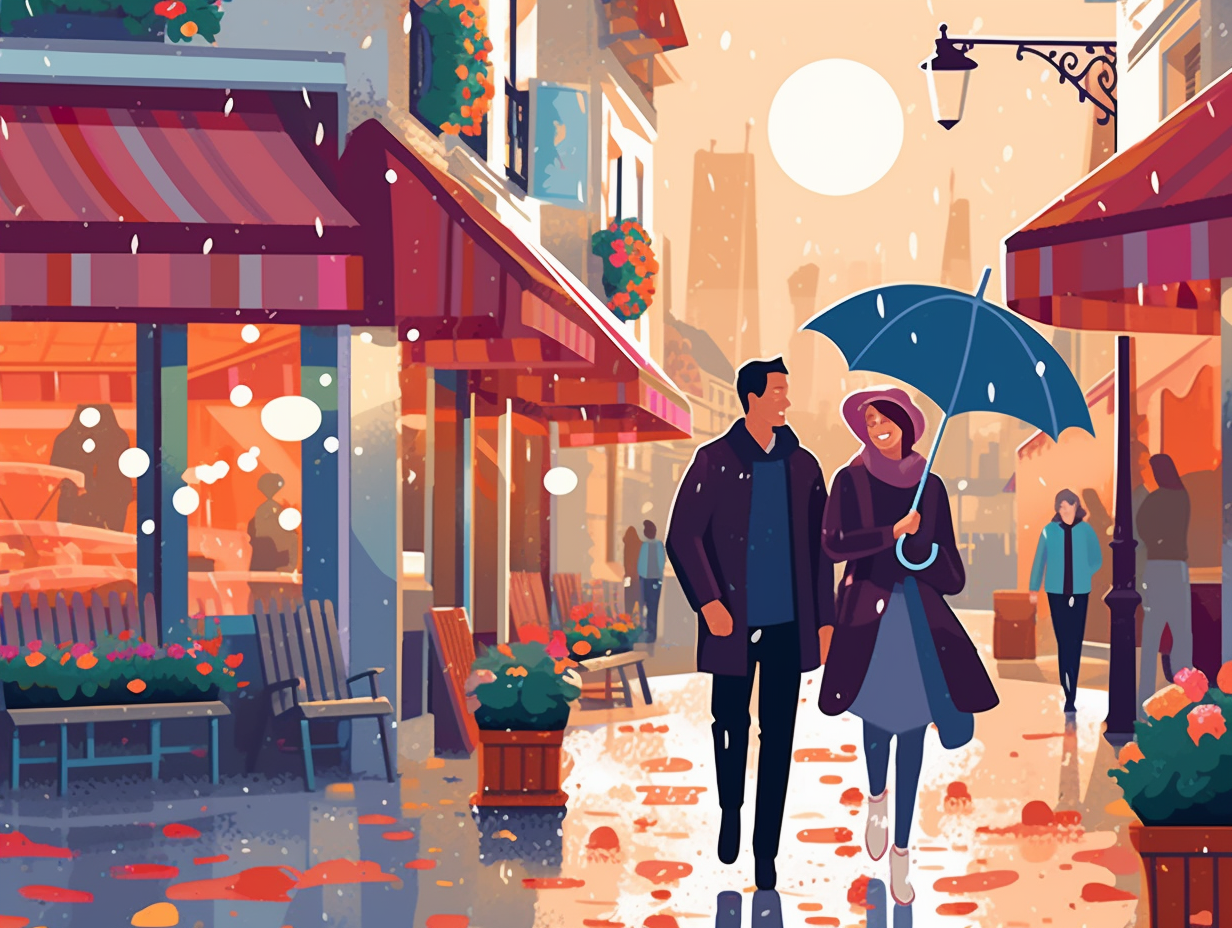
15. Sweet French Breakfasts
Say "au revoir" to bacon and eggs, and "bonjour" to buttery goodness: A typical French breakfast indulges the sweet tooth, featuring treats like bread, brioche, jam, pastries, fruits, and beverages such as coffee, squeezed fruit juice, tea, and hot chocolate – while savory delights like bacon, eggs, beans, porridge, cheese, and meat or fish are left sleeping in for the day.
Source => france-hotel-guide.com
16. Y: Tiny Commune with Huge Valor
Who needs an extra dose of the alphabet when you've got the letter Y? This tiny French commune shows that size doesn't matter when it's brimming with historical bravery and unwavering resilience: Y, nestled in the Somme department of Hauts-de-France, was awarded the Croix de Guerre 1914-1918 for its heroic efforts during World War I, as well as rebuilding its Church of Saint-Médard after war left it in ruins.
Source => en.wikipedia.org
Related Fun Facts

